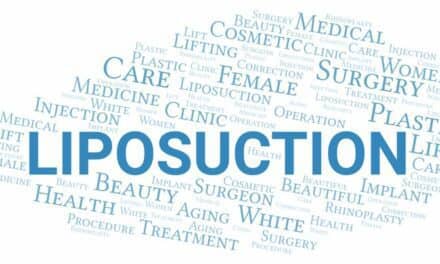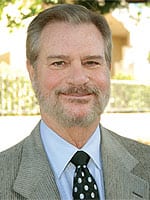Andrew Burd, a professor of plastic, reconstructive and aesthetic surgery at the Chinese University of Hong Kong, recently posted a blog entry in which he effectively criticized countries outside of the US and the UK for being very lax in regulations and standards for plastic and comsetic surgery. Andrew Burd on “deadly cosmetic surgery”:
One of the sessions I attended at the 15th Annual Scientific Meeting of the Indonesian Association of Plastic Surgeons in Balikpapan was on patient safety. It is incredible to think that the WHO is having a global initiative on safe surgery with the number one goal being to reduce the number of operations performed where the surgeon operates in the wrong site or on the wrong side of a patient.
I was asked to speak on patient safety in high risk surgeries of plastic surgery. Inevitably the discussion came round to the question of potential conflicts of interest in private surgery where money is the key issue. Private plastic surgery, particularly cosmetic surgery, is undertaken as a business. This will obviously increase the pressure on surgeons to take short cuts to reduce expenditure and perhaps add to patient risk by not over investigating in order not to deter patients.
Burd goes after incompetent governments and physicians in Asia, but his whole argument can be applied to most of the rest of the world. His case puts the so-called advantages of medical tourism in stark contrast with images of death and surgeries gone horribly wrong.
Just two weeks ago in the intensive care unit of one of Hong Kong’s public hospitals, a 24 year old girl was taken off life support. She had been declared brain dead two days before. Two weeks before she had been a healthy young lady who had decided she wanted larger breasts. She suffered a catastrophic reaction whilst having an anaesthetic injected in a private clinic.
There will be a coroner’s inquest but the account so far ostensibly has a similarity to another death which occurred in a private cosmetic clinic in 2003.
Cosmetic surgery is not regulated in Hong Kong. It should be. In Singapore, the situation appears to be somewhat different. The Ministry of Health suspended the activity of a clinic after the death of a patient undergoing liposuction.
This was ordered under the private hospitals and medical clinics act. This act governs the operations of private hospitals and clinics in Singapore.
Meanwhile in the UK, the President of the British Association of Aesthetic Plastic Surgeons, Nigel Mercer, recently spoke to the BBC to explain why regulation of cosmetic surgery in the UK was vital. Nigel was described as a ‘top cosmetic surgeon,’ but first and foremost Nigel is a plastic surgeon. We were colleagues together in Bristol and Nigel’s particular area of expertise in the NHS is cleft lip and palate repair. To achieve his excellent results, Nigel, as a plastic surgeon, has had a long and rigorous training in the aesthetic principles of surgery and applies these to a congenital defect. When these same principles are applied to a person who presents with some concern that would fall within the spectrum of normality the surgery involved would fall into the category of cosmetic surgery.
Herein lies a problem that again appears to be of a global nature. How do you regulate something when you do not know or understand what it is? Reporting on the tragic recent death is Hong Kong one of the local Chinese papers reinforced this concern. For those whose Chinese is not quite up to scratch the final paragraph of this report reads as follows,
The Hong Kong Medical Association: There is no specialised training for cosmetic surgery in Hong Kong
Burd concludes that one of the underlying reasons for a lack in standards is that regulators and even doctors (apparently) in Hong Kong and elsewhere may not know the difference between plastic surgery and cosmetic surgery.
Read it all.



